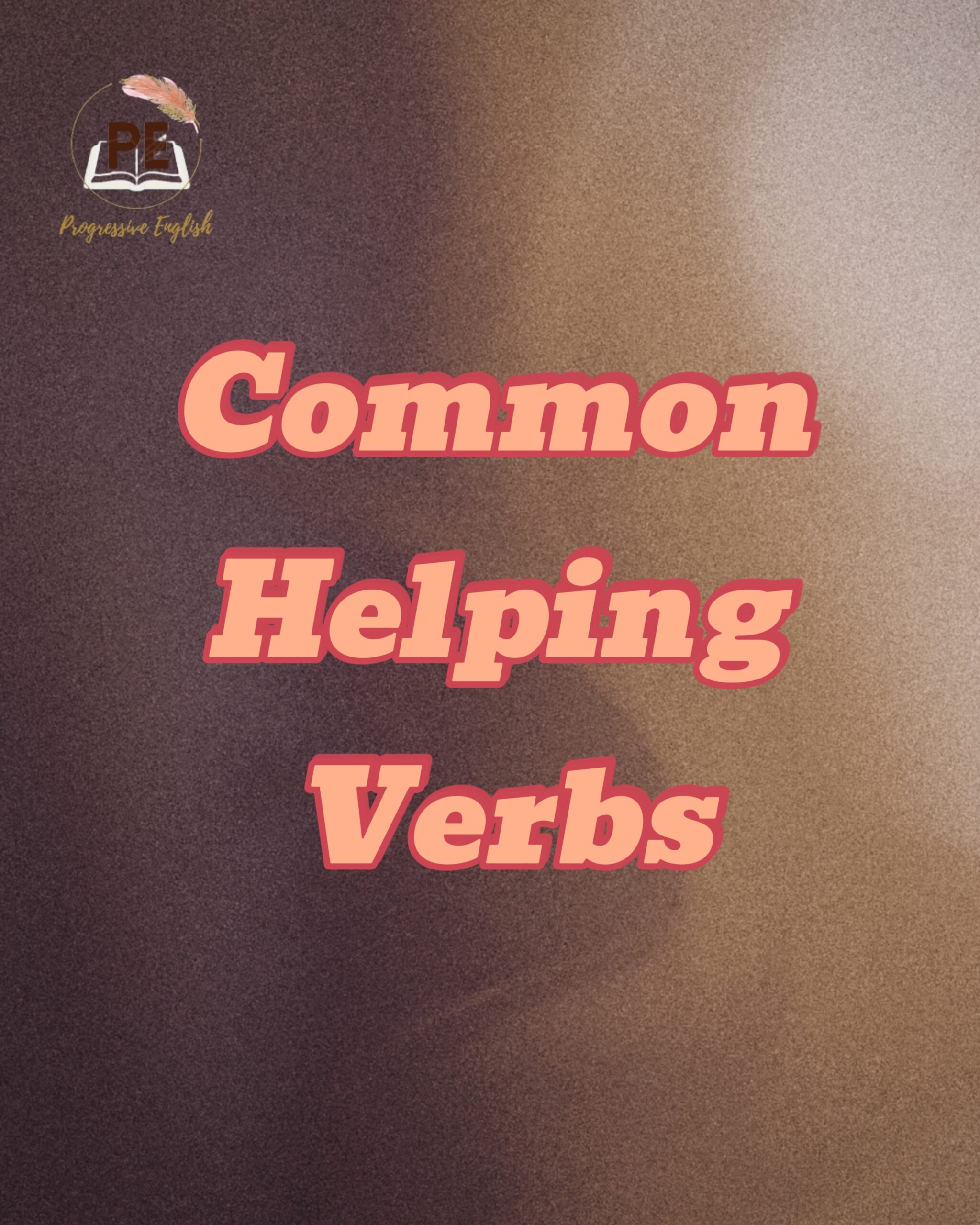Here is a list of common helping verbs:
- Be (is, am, are, been, being)
- Have (has, had)
- Do (does, did)
- Will (will, would)
- Shall (shall, should)
- Can (can, could)
- May (may, might)
- Must (must, had to)
- Should (should, ought to)
- Would (would, could)
- Might (might, may)
- Could (could, can)
- Shall (shall, should)
- Will (will, would)
- Have to (have to, had to)
Helping verbs are also called auxiliary verbs, and they are used to help form the tense, mood, or voice of another verb.
They are usually used in combination with a main verb to create a complete verb phrase.
Here are some examples of helping verbs in sentences:
- I am writing a letter. (be)
- She has eaten breakfast. (have)
- They do not like it. (do)
- He will attend the meeting. (will)
- We shall overcome. (shall)
- They can speak English. (can)
- She may attend the party. (may)
- He must try harder. (must)
- They should apologize. (should)
- We would like to go. (would)
- They might arrive late. (might)
- He could play the guitar. (could)
- We shall succeed. (shall)
- They will finish soon. (will)
- He has to leave now. (have to)
Note that some of these words can also be used as main verbs, and some of them have different meanings or uses in different contexts.



